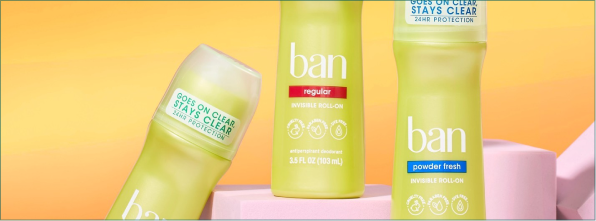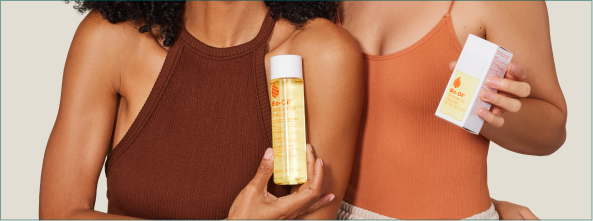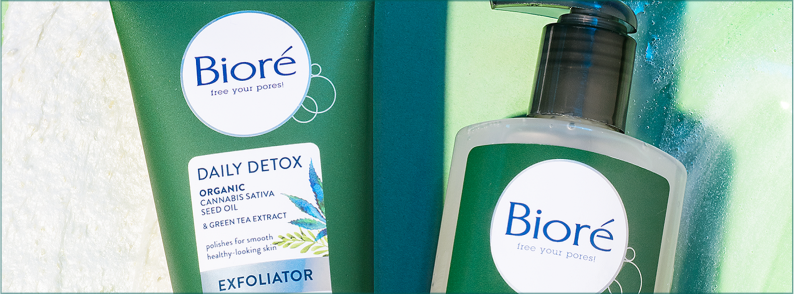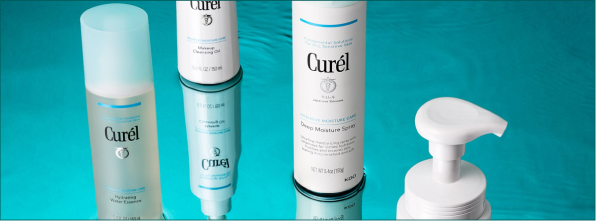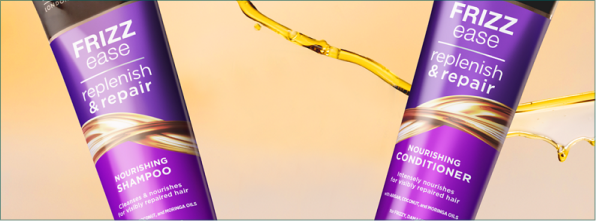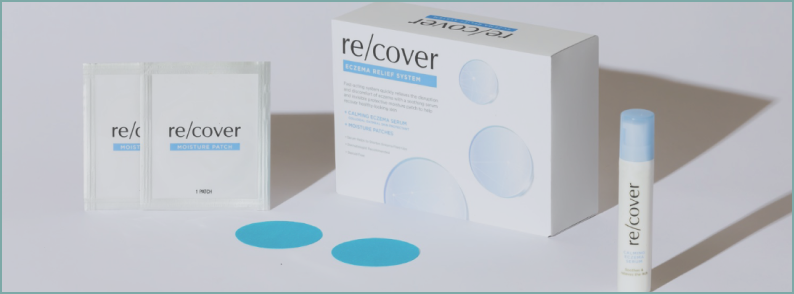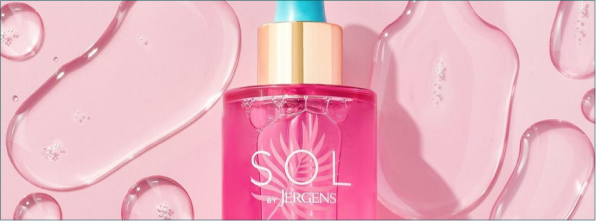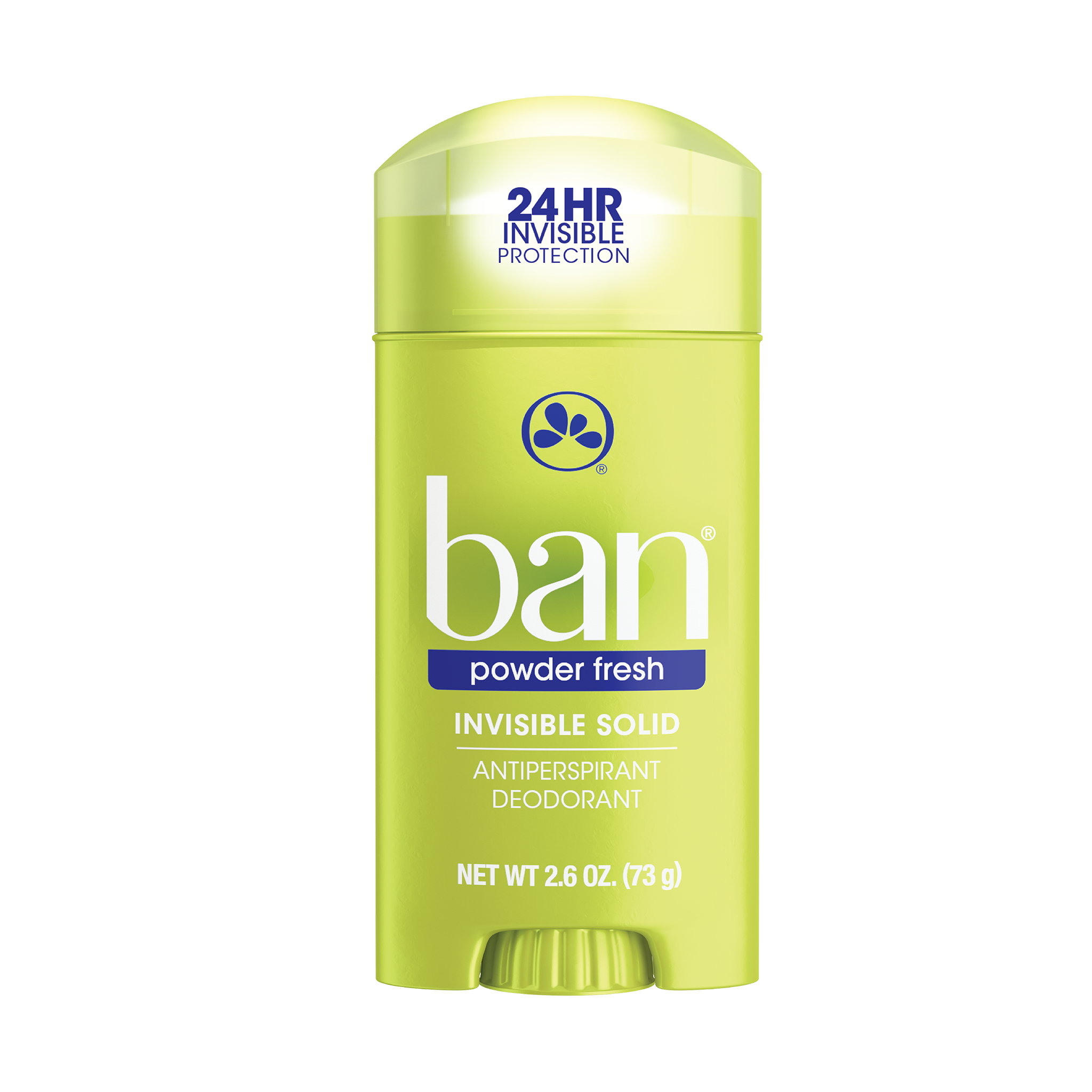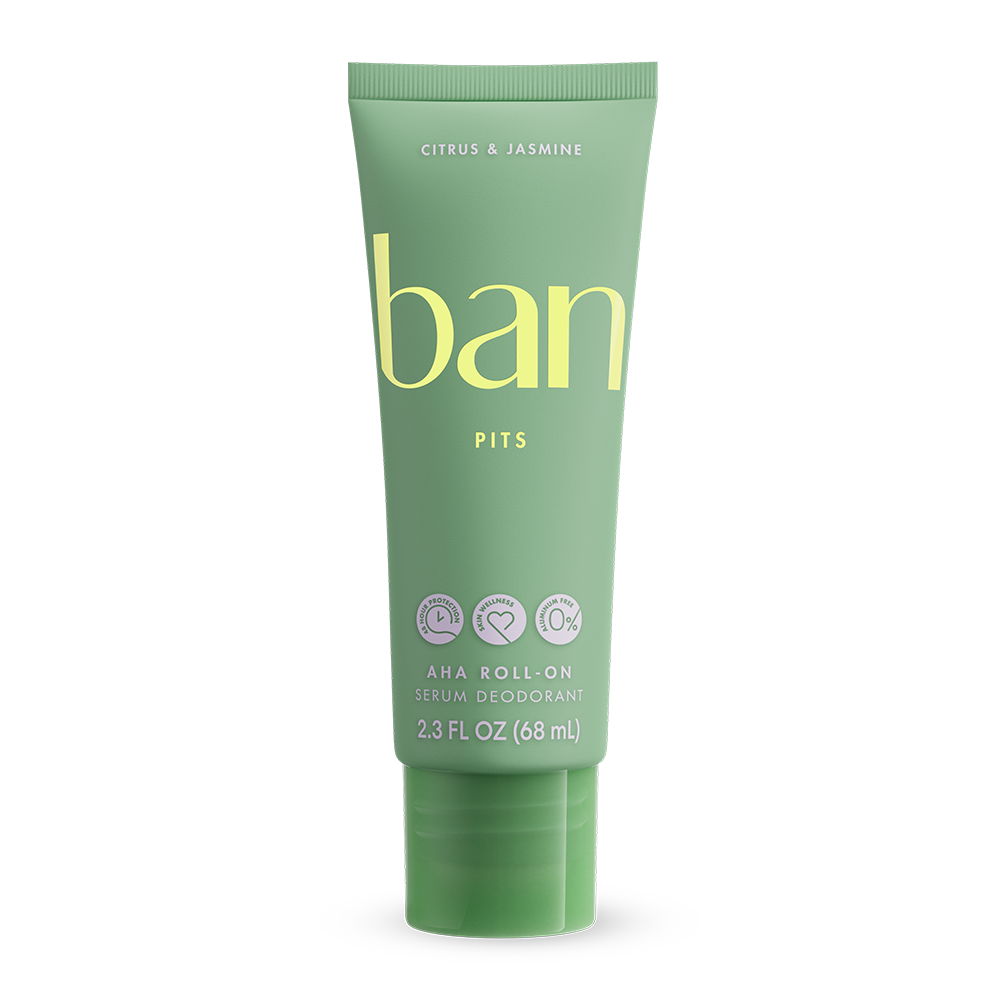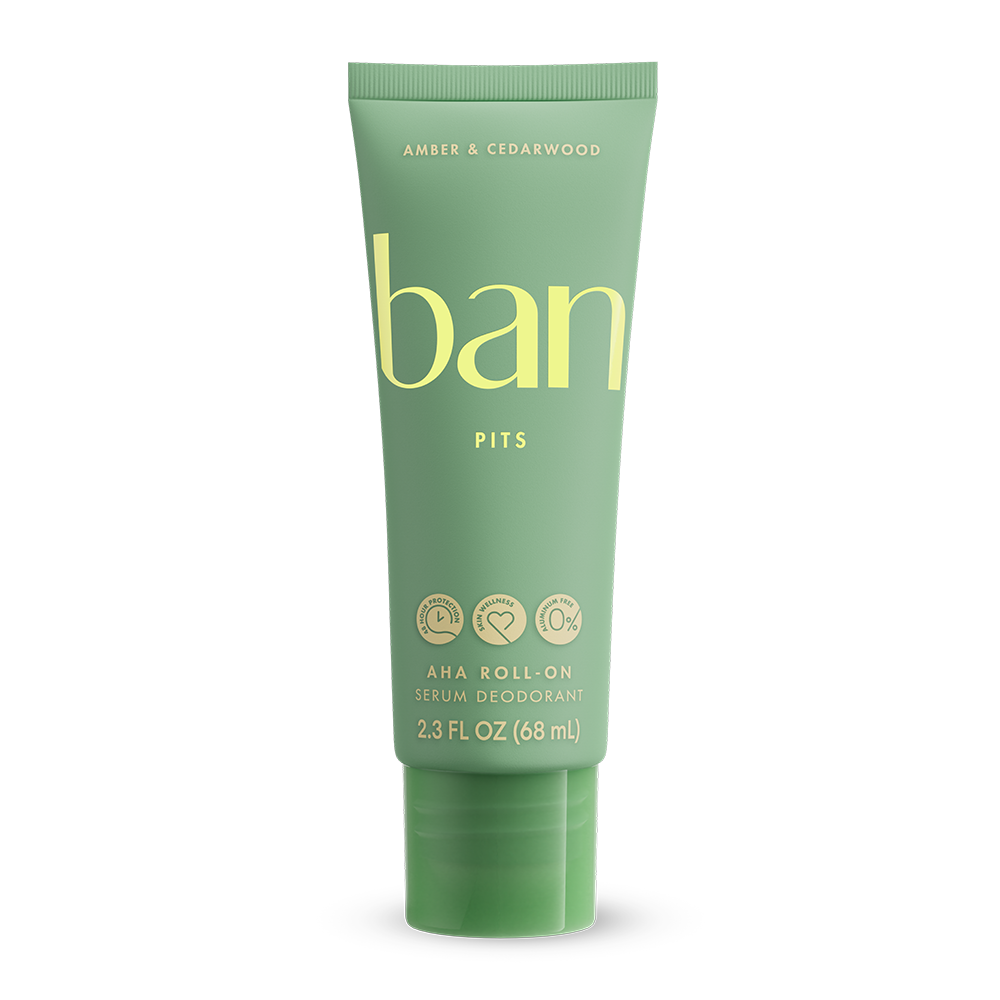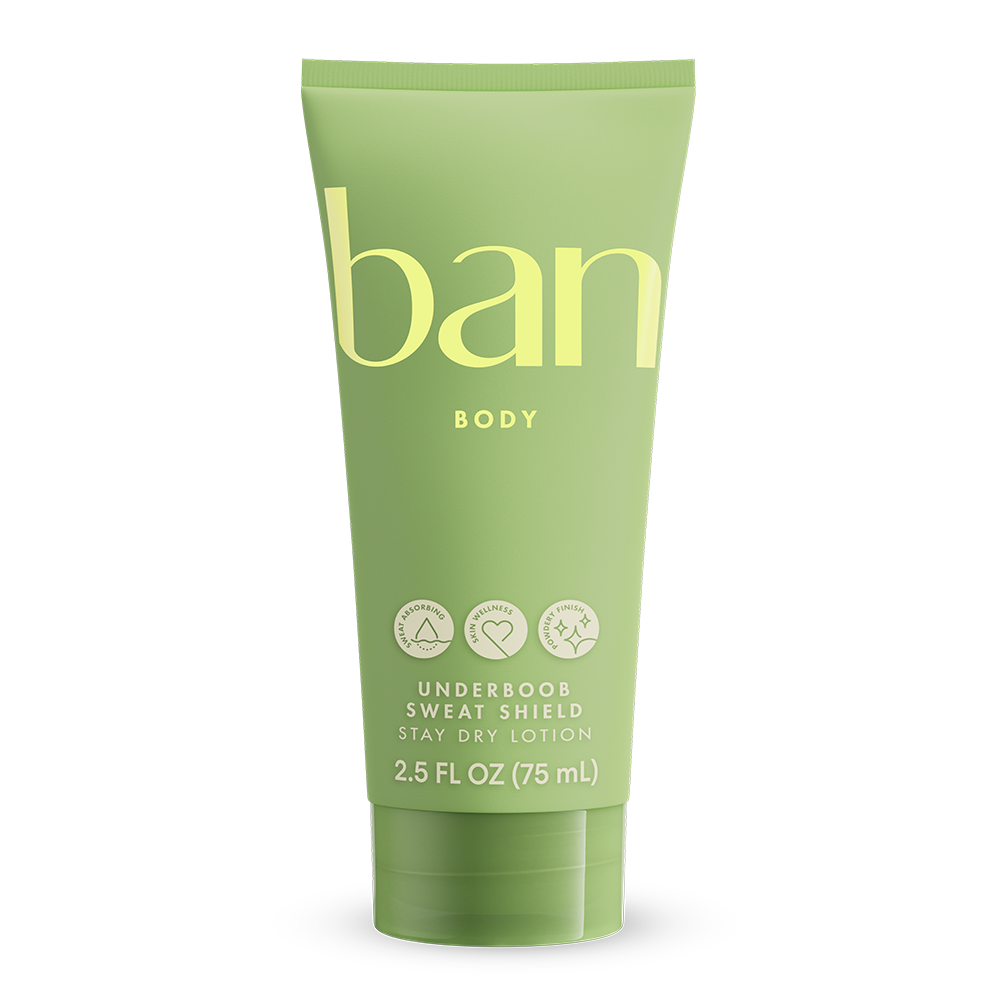How To Prevent Sweat Stains

Preventing sweat stains comes down to controlling sweat. Use our tips to learn how to prevent sweat stains and save your clothing from unflattering yellow stains!
Preventing Sweat Stains
In general, it’s much easier to prevent sweat stains than it is to try and remove them. If you’re prone to excessive sweating, consider going on the defensive to prevent sweat before it ruins your day and your clothes! Yellow stains on the underarms of your favorite shirts can be caused by substances in your sweat as well as aluminum in your antiperspirant or deodorant. If yellow stains are giving you grief, try switching to an aluminum-free formula.
How Do Yellow Pit Stains Happen?
Pit stains happen when the aluminum in your antiperspirant or deodorant mixes with your sweat and gets absorbed into your clothes. Over time, more residue builds up on your clothes and yellows the stain.
Antiperspirant and deodorant should be an important part of your daily hygiene routine, so it may not be an option to abandon your favorite product for reducing sweat and keeping you smelling fresh. Instead, you can change the way you use deodorant and antiperspirant to help prevent stains.
One way to help prevent stains to switch to nighttime application, especially for antiperspirants. Antiperspirant works by temporarily blocking your sweat glands to prevent you from sweating. Applying antiperspirant at night gives the formula enough time to soak into your skin and effectively prevent you from sweating the next day. Keep reading for even more tips on how to prevent sweat stains on your favorite clothes!
How To Prevent Sweat Stains: 12 Top Tips
1. Wear an undershirt to create a barrier between your skin and your clothes.
Undershirts help reduce sweat stains by creating a barrier between your skin and your clothing. To help regulate your body temperature, wear lightweight, loose-fitting clothing. Wearing tight clothes—especially clothes that are snug beneath your arms—can cause antiperspirant ingredients to transfer from skin to cloth which can lead to stains on your shirt. If you got deodorant stains on your favorite black shirt, use our tips for removing deodorant from black clothing.2. If you sweat when you’re nervous, try applying antiperspirant the night before a big event.
If you know you sweat in stressful situations, like a big presentation or first date, apply antiperspirant the night before. Antiperspirant helps control sweat by temporarily blocking your sweat glands, so it’s the perfect solution to reducing sweat when you need it most!3. Drink water to keep your body cool and hydrated.
Drinking water regularly throughout the day keeps your body hydrated and also helps you stay cool. Try increasing your water intake by drinking more water and eating foods with high water content like watermelon, cucumber, and strawberries.4. Reduce caffeine intake to prevent excess sweating.
Unfortunately, your morning cup of coffee might be leading to your sweat stains. Caffeine stimulates your nervous system, which helps wake your body up but can also lead to sweating. Hot drinks (even those without caffeine) can also cause your body to sweat by increasing your internal temperature. To reduce sweating, try decreasing your intake of caffeine.
5. Carry deodorant and antiperspirant with you so you’re always prepared.
If you find yourself getting sweaty and smelly during the day, bring your favorite deodorant or antiperspirant with you. The main difference between deodorant and antiperspirant is that antiperspirant prevents sweat while deodorant prevents body odor. If you can’t decide, antiperspirant deodorants do both so you can feel dry and fresh all day long.“The main difference between deodorant and antiperspirant is that antiperspirant prevents sweat while deodorant prevents body odor.”
6. Let your body cool and dry after showering.
If you start sweating right after showering, you might not be letting your body cool down after a hot shower. When you get out of the shower, wait a few minutes before getting dressed. Giving your skin time to cool down and dry off can help prevent your underarms from sweating. This is especially important if you live in a hot, humid climate or take hot showers.7. Use topical antiperspirants to prevent sweat.
Less sweat equals fewer stains, right? If excessive sweat is leading to stains, try switching from a standard deodorant to one with antiperspirant. Deodorant works by killing the odor under your arms, but antiperspirant works by reducing sweat. To help decide if deodorant or antiperspirant is best for you, check out our guide on antiperspirant vs. deodorant.8. Prevent yellow sweat stains by washing your clothes with extra care.
To avoid yellow sweat stains from forming on your clothes:- Try pre-treating dirty clothing with laundry detergent or color-safe bleach.
- Apply a stain-releasing spot cleaner to any areas of your clothes prone to stains, such as your underarms.
- When cleaning your clothes, don’t let them sit in your laundry basket for a week before washing them. Instead, wash your clothes soon after sweating to prevent stains from settling into your clothes and stop sweat patches from forming.
9. Apply antiperspirant the right way.
Antiperspirant helps control sweat by temporarily clogging your sweat glands. If you’ve never used this type of product, it’s important to apply antiperspirant the right way to make it the most effective. One way to help prevent stains is to switch to nighttime application, especially for antiperspirants. Antiperspirant works by temporarily blocking your sweat glands to prevent you from sweating. Applying antiperspirant at night gives the formula enough time to soak into your skin and effectively prevent you from sweating the next day.“Antiperspirant works by temporarily blocking your sweat glands to prevent you from sweating. Applying antiperspirant at night gives the formula enough time to soak into your skin and effectively prevent you from sweating the next day.”
